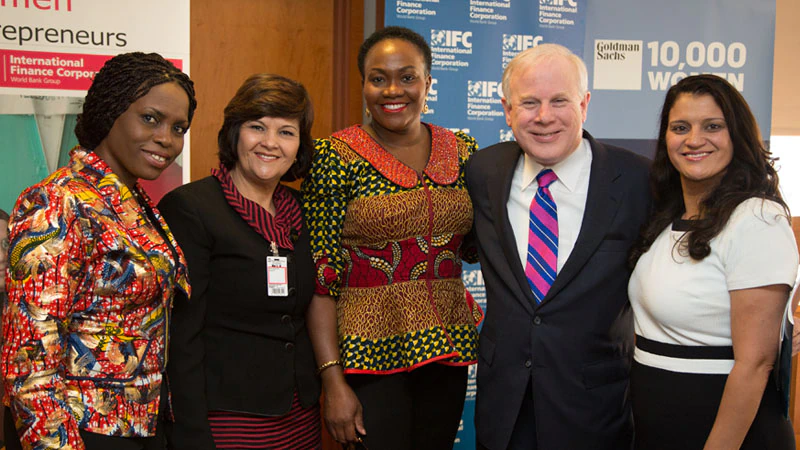
The International Finance Corporation (IFC) provides private sector loans and investment funds to developing countries. The organization offers local currency debt financing and credit guarantees for a broad range of projects. In 2000, IFC invested $4 billion in over 250 projects across nearly 80 countries. Its business strategy is to diversify investments and create jobs and stimulate economic development in the developing world. To this end, IFC is currently seeking to expand its investment portfolio by US$500 million per year.
The International Finance Corporation was established in 1956, and today it is a member of the World Bank Group. The organization works with private companies in developing countries to increase investment, create jobs, and generate economic growth. Founded in 1956, the International Finance Corporation aims to eradicate poverty by promoting private sector development. Investing in the private sector is one way to support this goal, and IFC has offices in nearly 100 countries. During fiscal year 2016, IFC provided nearly $18 billion in debt and equity to developing countries.
The IFC’s work promotes open markets in developing countries, supports companies in need, and catalyzes private sector development. Its primary goal is to help developing countries achieve their two main goals: ending extreme poverty and promoting shared prosperity in all countries by 2030. The International Finance Corporation’s development impact solutions provide governments and businesses with financial resources and technical expertise to improve their economies and reduce poverty. And the company also provides technical assistance to create a business-enabling environment.
The IFC’s sustainability framework articulates its commitment to sustainable development. These policies are widely adopted as market standards and have been incorporated into operational policies of many entities. The EHS Guidelines, for example, are a set of performance standards that are widely accepted by regulators and stock exchanges. They provide standards for new facilities that can achieve the same or better results. In addition, the IFC has pledged to invest more in climate-resilient development projects.
A number of large financial institutions conduct research into international finance. The International Finance Corporation (IFC) and the National Bureau of Economic Research (NBER) are two of these institutions. The U.S. Federal Reserve has a division devoted to studying global markets. In particular, the Mundell-Fleming Model studies the interaction between the goods and money markets. The International Fisher Effect assumes that nominal interest rates follow the fluctuations in spot exchange rates.








